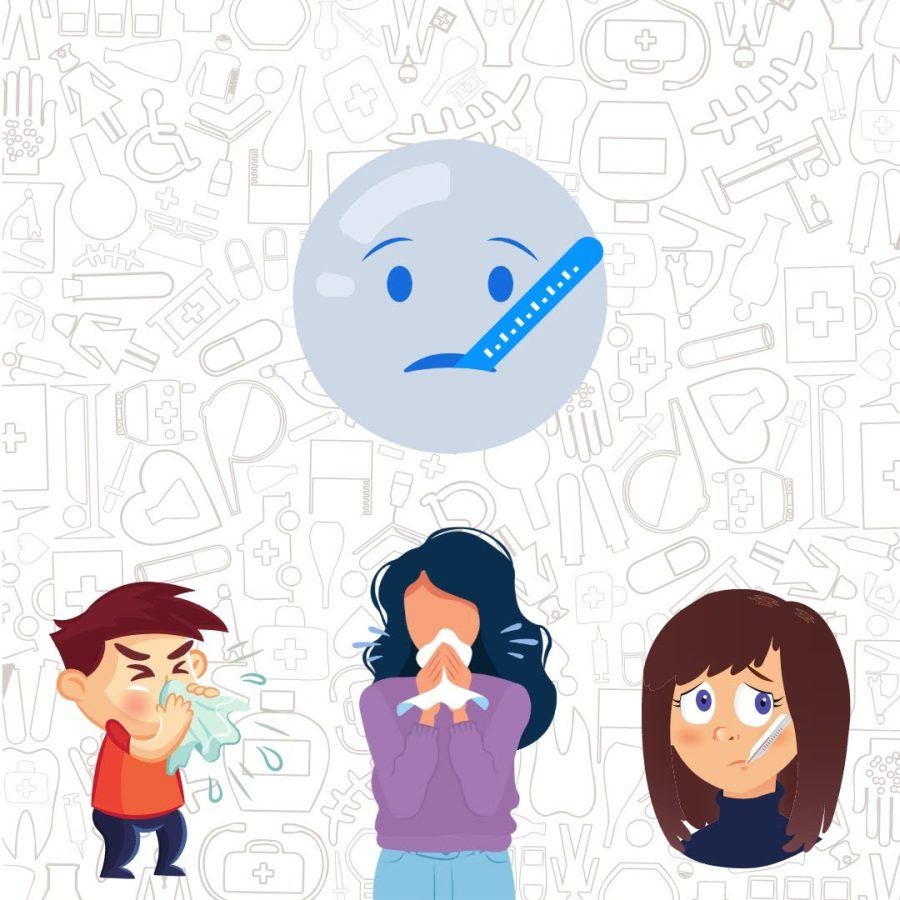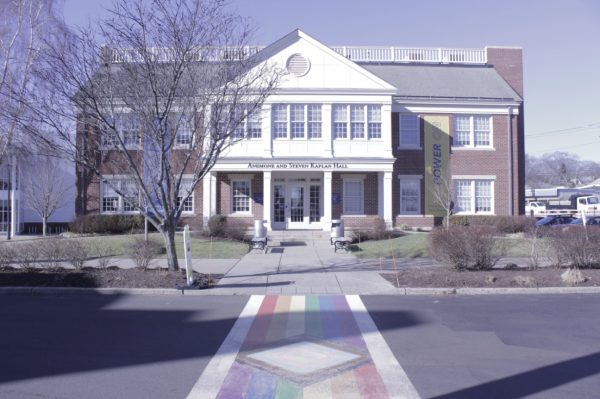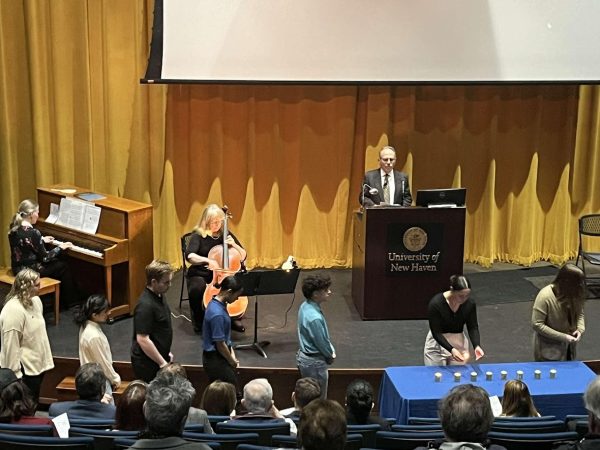The #CollegePlague is viral on social media and on-campus
A novel pandemic, a hurricane evacuation, the great flood and now the #CollegePlague; our university students have had quite the fall semester. The ironically-named “plague” is not only an unidentified viral infection but a viral topic on social media platforms such as TikTok and Instagram.
The term is not new–in fact, it has also been called the “freshman plague” in pre-coronavirus times; the College of William and Mary’s online news even wrote an article on it back in 2017. The article outlined the truths and myths of the “freshman plague” and offered stress as a potential immune system stressor. This made-up term was used to explain how first-year students tend to experience various illnesses as they introduce their immune systems to the bubble that is a college campus.
This year, students at the University of New Haven are experiencing a myriad of symptoms with random diagnoses and treatments. When students were anonymously polled via Instagram on what sorts of symptoms they experienced, answers ranged from the inability to think clearly to fevers, chills, swollen lymph nodes, fatigue, coughing and other cold-like symptoms. In the same poll, students indicated diagnoses such as tonsillitis, strep throat, upper-respiratory infection, mononucleosis and the common cold.
Giliana Santaniello, sophomore international business and finance major, said that while her illness–a consistent dry cough–has not overtly negatively impacted her semester, it is still an inconvenience.
“I don’t really want to go to class because I don’t want to be hacking in front of people,” she said.
Santaniello also said that it is weird that so many students are getting sick in non-COVID ways, and that even her boyfriend in Springfield, Mass. and her sister at the University of Maine have told her their areas are experiencing the same thing.
In reality, the surge of this mysterious “plague” circulating around the university is nothing more than normalized viruses–like the common cold or influenza–spreading as a result of less frequent mask-wearing.
In June, the Boston Globe ran a story on this phenomenon, including infectious disease doctors’ predictions that exactly this would occur.
In a “Weekly Roundup” email sent by the Office of Marketing and Communications, there was a section explaining what process students should follow when experiencing non-COVID-19-related symptoms.
According to the email, “If you are feeling ill, you should submit any unexpected or out-of-the-ordinary symptoms not related to a known condition such as allergies.”
Senior criminal justice major, Jillian Lapiana, said: “I feel nervous/weird to report symptoms in CoVerified, because I am worried that I would be sent straight to quarantine or isolation even if I do not have COVID.”
When a symptom is submitted on the CoVerified app, the student’s status will change from “cleared” to “restricted.” But students were reminded in the email that this is not meant to be a punitive measure. Rather, it is “to serve as a way to best protect the health of our community.”
After reporting symptoms in the CoVerified app, students will be assessed by a member of Health Services, and the next steps will be made according to that diagnosis. It is suggested that students call the Health Services Center at 203-932-7079 immediately after reporting any symptoms.

Kelly Adkins is a senior communication major with a concentration in journalism. Kelly has been a contributing writer for the Charger Bulletin since 2019...











